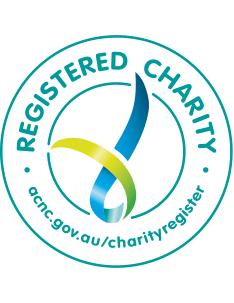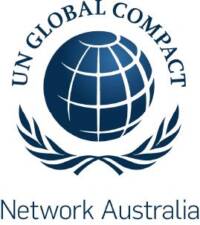Aerial view of Suva. Credit: Kylie Willow
Blue Pacific Pro Bono Collaborative secures support from the UK Government’s Integrated Security Fund
April 4, 2024
The Blue Pacific Pro Bono Collaborative will be able to scale up its pro bono work, providing free legal support to Pacific-led sustainable development projects that address climate change as well as stability and resilience in the Pacific. This is made possible with new grant funding from the Foreign, Commonwealth and Development Office through the Integrated Security Fund (ISF). The ISF uses a whole-of-government approach to find creative solutions to promote international peace, security and stability.




